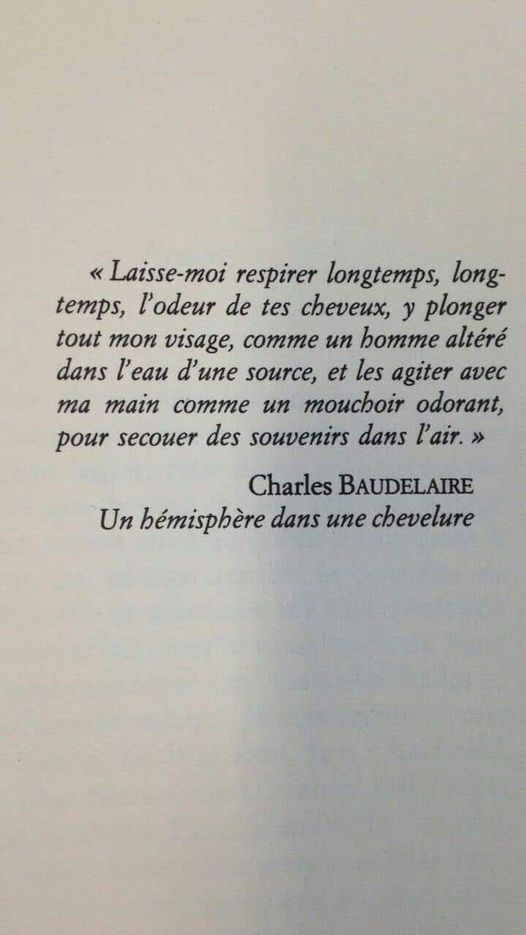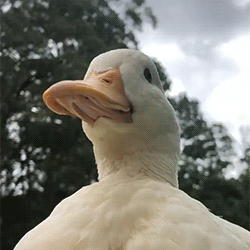Text
What time is it? Time to be eaten. Passion.
Hélène Cixous, Stigmata: Escaping Texts; from ‘What Is It O’Clock? Or the Door (We Never Enter)', tr. Catherine A. F. MacGillivray
478 notes
·
View notes
Text
Hey did you know I keep a google drive folder with linguistics and language books that I try to update regularly
UPDATE because apparently not everyone has seen this yet the new and improved version of this is a MEGA folder
I know there’s so many more urgent things but if you like this resource you may consider buying me a ko-fi to keep this project alive
215K notes
·
View notes
Text
NEW Masterlist
안녕하세요 여러분! Hi everyone! I reorganized my masterlist so that it’s a little easier to navigate my lessons! The only change I made is that instead of organizing my lessons by numbered levels, I’m organizing them into levels based on how advanced they are. The numbered levels contained a smaller number of lessons in them, which was nice since it looked less overwhelming, but I think this new list organizes the lessons less arbitrarily. Also, I think it would be good if you’re new to my blog are unsure of where to start!
Also, don’t worry so much about the order of the lessons within each level. If any grammar structure has “prerequisites,” I’ll probably mention what you need to know in that given lesson if that makes sense. Just browse the list and see what you’re curious about!
All of the lessons that I have already posted will keep the level numbers in their titles (it would take me a while to change every single one of them!), but you can just ignore those. My future lessons, however, will be labeled with the proper difficulty level. I hope this new list is a more helpful way of navigating my blog!
As always, feel free to message me with any messages you may have about any of these lessons!! Happy studying! 화이팅!
Hangul Lessons
Consonants
Vowels
Writing/Reading Korean Syllables
Some 받침 Rules
Diphthongs
Stroke Order
Some More 받침 Rules
Irregular Verbs
The Basics
Common Phrases
Numbers
Sino-Korean vs. Native Korean Numbers (Instagram Post)
Sentence Structure and Particles
Present-Tense Conjugations and Formal Language
Adjectives
Questions
Honorifics and Casual Language
Keep reading
4K notes
·
View notes
Text
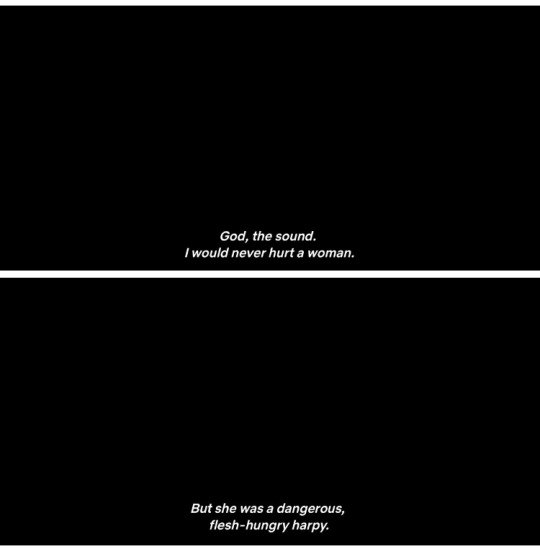


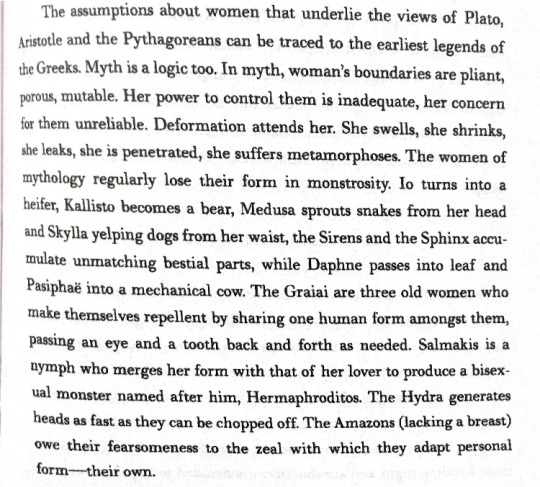

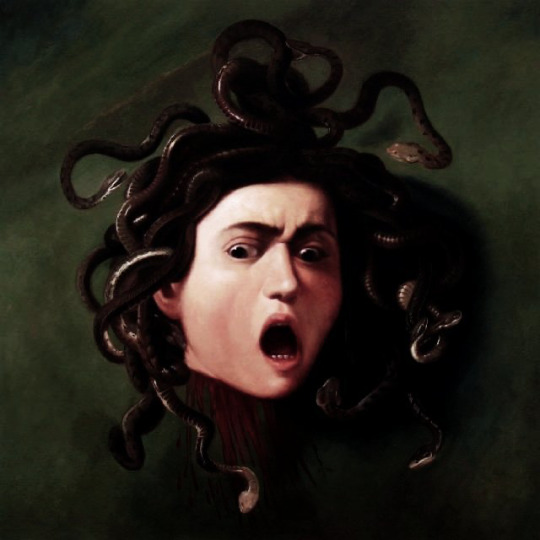
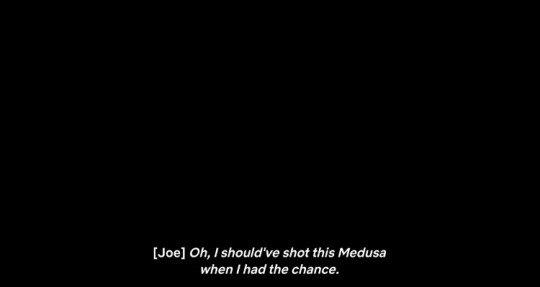

You (2018 -), Eternelle Douleur by Paul Dardé, The Head of Medusa by Salvador Dalí, Dirt and Desire: Essay on the Phenomonology of Female Pollution in Antiquity from Men in the Off Hours by Anne Carson, The Laugh of the Medusa by Hélène Cixous, Testa di Medusa by Caravaggio, You (2018 -), The Laugh of the Medusa by Hélène Cixous
384 notes
·
View notes
Text
the laugh of the medusa
Cixous’ work, The Laugh of the Medusa, looks at the interaction and impact of gender on language. Through her rhetoric, she seeks to create a new language, one that is distinctly feminine and powerful, though it is important to note that not just biological women can write with the feminine language. This language is referred to as écriture feminine. The work is written fluidly, moving from idea to idea in a loose structure. This is meant to express and mimic how women experience erotic sexuality. Her work also reflects feminist theory of the time, which sought to redefine fixed symbolic structures and worked alongside the Post-Structuralist movement.
One of Cixous’ main points regards binary language. This type of language brings division between men and women by defining women only by what they lack - not A vs. B, but rather A vs. not-A. The man acts as the dominate while the woman acts as the recessive.
She uses the metaphor of the Dark Continent of Africa to express how women are unexplored and undeveloped, currently only acting as something for men to exploit while glorifying themselves. Women have been trained to be servile and domestic to men from a young age, so they do not know any differently.
Man is creator of this construct, especially the language construct, because our societies and cultures are phallocentric. The domains of this phallocentric control are:
Culture - women are inferior
Social/political - no “female sexed texts”
Psychology - emotionally weak
Women’s inability to express their private desires without restraint leads to guilt and results in anti-narcissism and self-hate. The only current notions of women who freely express themselves are outcasts of phallocentric narrative. These outcasts include witches, as they are not afraid to speak their mind, and little girls, who are viewed as ill-mannered because they have not yet been taught the phallocentric way of the world.
Women shouldn’t give into their feeling of guilt but adopt the free spirit of laughing. This is where the allusion to Medusa comes in, as Cixous rewrites her narrative by saying how she laughed and was beautiful. They must avoid the influence of male “sirens,” who have been controlling women for centuries with “sound” of their established traditions. These men feared the inner strength of women and used patriarchal dominance to keep them subjugated.
Cixous argues for women to break free from the phallocentric structure by:
Expressing the needs of her body without restraint, giving her freedom to be herself uninhibited
Adopting the anti-logos weapon by putting a stop to writing in the prose, the male-centric expression, and using poetic expression instead
35 notes
·
View notes
Text
““You only have to look at the Medusa straight on to see her. And she’s not deadly. She’s beautiful and she’s laughing.””
— Hélène Cixous
208 notes
·
View notes
Text
“You are not just here to fill space or be a background character in someone else’s movie. Consider this: nothing would be the same if you did not exist. Every place you have ever been and everyone you have ever spoken to would be different without you. We are all connected, and we are all affected by the decisions and even the existence of those around us.”
— David Niven
2K notes
·
View notes
Photo
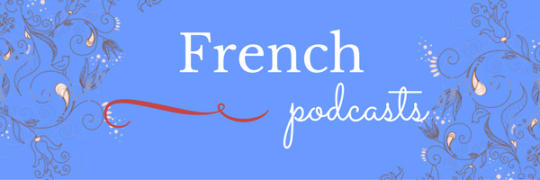
Here are some podcasts for French. Many you can find on iTunes, on Android using Castbox, or on their own websites/RSS feed. There are several more podcasts in French, but these should be enough for now. Other Podcasts: Arabic| German | Italian| Russian |Spanish| Ukrainian| Eurasia
Language Learning
Coffee Break French
FrenchPod101
French Your Way
Je French
Learn French with Alexa
Mot du Jour
One Minute French
Real Deal French
Spotify- Learn French
Survival French Phrases
Listening For Beginners-Advanced
Cultivate Your French: Intermediate-Advanced.
Daily French Pod: Beginner-Advanced. Transcripts can be bought.
Easy French Poetry: Beginner-Int. Includes transcripts.
Français Authentique: Intermediate-Advanced. Includes transcripts.
French Podcasts: A2-B1. Includes transcripts.
Journal en français facile: Intermediate. Includes transcripts.
Learn French by Podcast: Beginner to Advanced. Includes transcripts and grammar lessons.
Native French Speech Podcast: Int.-Advanced. Transcripts can be bought.
News in Slow French: Beginner to Intermediate. Includes transcripts.
One Thing in a French Day: A2-B2. Includes transcripts.
The French Podcast: Beginner to Intermediate. Transcripts can be bought.
French Only
AnthroStory: Anthropology.
AppLoad: Gadgets and technology.
Bienvenue à Valnuit: French version of Welcome to Nightvale
La Conversation scientifique: Science.
Grosses Têtes: News & culture.
L’histoire du soir: Medieval literature.
LSD, La série documentaire: Culture & news.
Les Nouveaux chemins de la connaissance: Philosophy.
Les Pressés de l’Expression: Language and linguistics.
Parler Cuisine: Food and cooking.
Podcasts d'Europe: Culture, economics, politics.
Podcast Science: Science.
Poésie et ainsi de suite: Poetry
Positron: Music, film, TV.
Le RDV Jeux: Gaming.
Les Regardeurs: Art.
Rendez-Vous Avec X: History
Le rendez-vous Tech: Technology.
Le Salon noir: History.
Franceculture: Several podcasts can be found here and sorted by theme.
Franceinter: Website that hosts several more podcasts.
Francemusique: Website that has more podcasts.
5K notes
·
View notes
Text
happy international mother language day to those who speak dialects, minority and indigenous languages, discriminated and endangered languages, “economically unprofitable”, “useless”, “unprestigious” languages and everyone who defends languages from colonialism and chauvinism
22K notes
·
View notes


